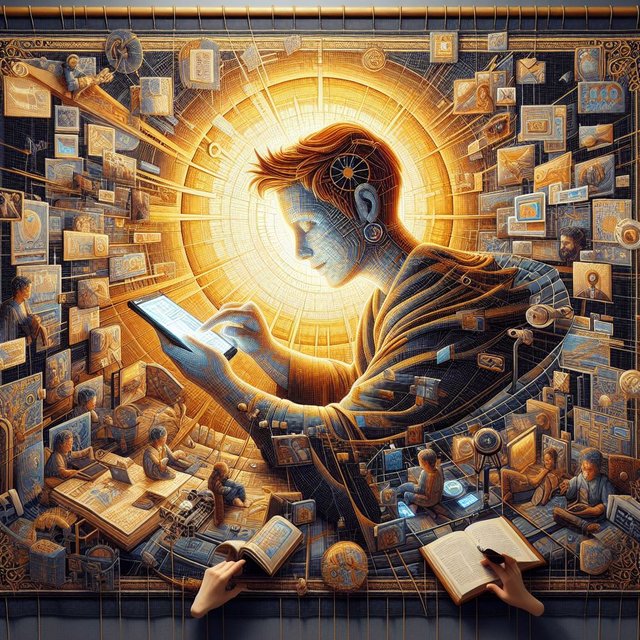Introduction:
The Internet has undeniably become an omnipresent force shaping the modern world, and one of its most profound impacts has been on the formation and evolution of popular culture. As the digital landscape continues to expand, the Internet has emerged as a dynamic and influential canvas where cultural trends, memes, and expressions are not only born but also spread at an unprecedented pace. This article delves into the intricate ways in which the Internet molds and mirrors popular culture, exploring its influence on art, language, social movements, and beyond.
Democratization of Creativity:
The Internet has democratized the creation and dissemination of content, allowing individuals from diverse backgrounds to contribute to the cultural conversation. Platforms like YouTube, TikTok, and Instagram have given rise to a new generation of influencers, artists, and content creators who shape trends and redefine what is considered culturally relevant.
Memes and Viral Phenomena:
Memes, those bite-sized units of cultural information, have become a ubiquitous language on the Internet. From humorous images to viral challenges, memes reflect and amplify cultural attitudes, providing a shared experience that transcends geographical boundaries. The speed at which memes spread contributes to the accelerated pace of cultural evolution in the digital age.
Social Media and Identity Expression:
Social media platforms have become virtual stages where individuals curate and showcase their identities. From fashion trends to lifestyle choices, the Internet serves as a platform for self-expression and the creation of digital personas. Hashtags, challenges, and online communities further amplify these expressions, fostering a sense of belonging and shared identity among diverse groups.
Streaming Platforms and Cultural Consumption:
The rise of streaming services for music, movies, and television has transformed how people consume cultural content. The Internet allows for personalized, on-demand access to a vast array of media, contributing to the diversification of cultural influences. It has given niche genres and subcultures a global platform, challenging traditional notions of mainstream culture.
Online Activism and Social Movements:
The Internet has played a pivotal role in amplifying voices and mobilizing communities for social and political causes. Movements like #BlackLivesMatter and #MeToo gained momentum through online platforms, demonstrating the power of the Internet in shaping and influencing societal norms and values.
Language Evolution and Digital Communication:
The Internet has given rise to a unique digital language, complete with emojis, abbreviations, and internet slang. Communication has become more visual, concise, and adaptable, reflecting the fast-paced nature of online interactions. Memes and catchphrases born on the Internet can quickly become integral parts of everyday language.
Fan Culture and Online Communities:
Fan communities have thrived on the Internet, providing enthusiasts with spaces to discuss, create, and celebrate their favorite cultural phenomena. Whether it's fan fiction, fan art, or online forums, the Internet has facilitated the formation of passionate communities that contribute to the ongoing dialogue surrounding popular culture.
Conclusion:
The Internet has not only become a mirror reflecting the multifaceted nature of popular culture but also a powerful catalyst shaping its evolution. From the democratization of creativity to the amplification of social movements, the digital realm plays a pivotal role in how we define, consume, and participate in cultural phenomena. As we navigate this digital tapestry, it is essential to recognize the Internet's profound impact on the formation of popular culture and to appreciate its dynamic role in shaping the cultural landscapes of the future.
